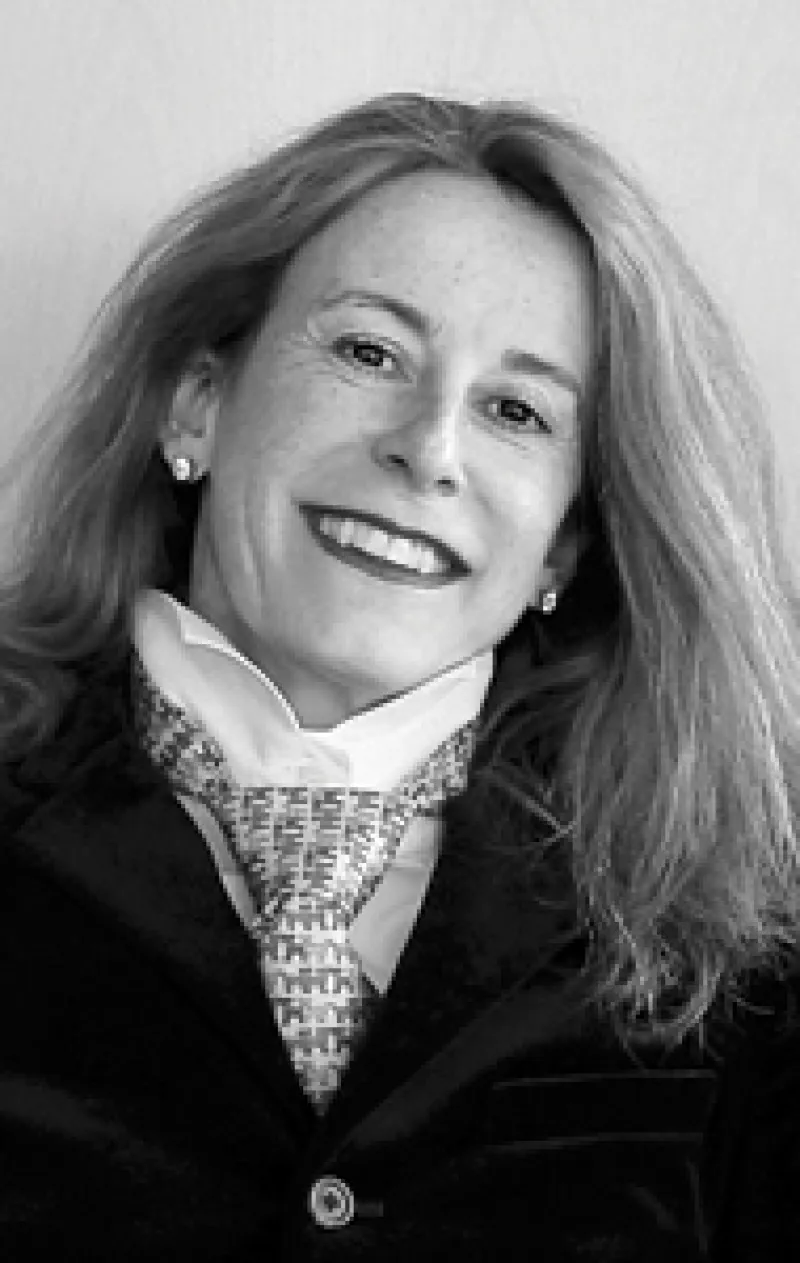
47 Degrees North Taps Inefficient Frontiers
47 Degrees North Capital CEO Claude Porret is staking the firm's future on emerging hedge fund talent.
Cherry Reynard
August 27, 2009


